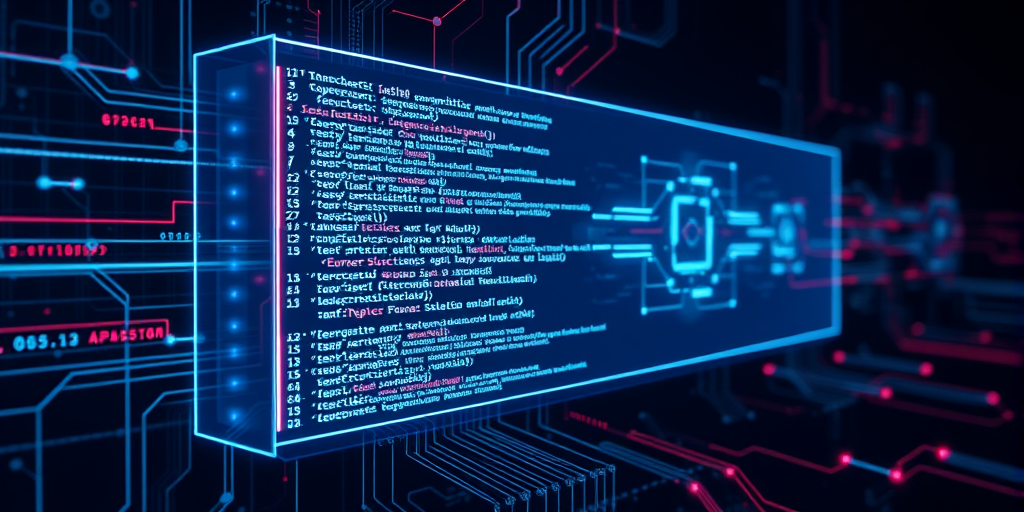
Enhancing Code Instruction with Open-Source Precision

Magicoder, developed by Intelligent Software Engineering (Ise), is a family of large language models (LLMs) designed to enhance coding tasks through high-quality, unbiased instruction data. Hosted on GitHub at https://github.com/ise-uiuc/magicoder, the project emphasizes OSS-Instruct, a focus on generating reliable coding instruction data using open-source code snippets. The Magicoder series includes multiple variants: Magicoder-CL-7B and Magicoder-S-CL-7B (both 7B parameters, based on Llama2), and Magicoder-DS-6.7B and Magicoder-S-DS-6.7B (both 6.7B parameters, built on DeepSeek). These models cater to diverse coding needs, leveraging their respective base architectures for optimized performance. For more details, visit the Ise website at https://illinois.edu/.
Key Innovations in Magicoder: Advancing Code Instruction Data with OSS-Instruct
Magicoder introduces OSS-Instruct, a groundbreaking approach to generating low-bias, high-quality instruction data for coding tasks by leveraging open-source code snippets. This innovation addresses a critical limitation in existing models, where LLM-synthesized instruction data often inherits inherent biases. By using real-world open-source references, Magicoder ensures more diverse, realistic, and controllable data, significantly improving the reliability and fairness of code generation. This technique represents a major leap forward in creating instruction datasets that align with practical coding scenarios while mitigating the risks of synthetic data biases.
- OSS-Instruct: A novel method for generating low-bias, high-quality instruction data using open-source code snippets.
- Bias Mitigation via Open-Source References: Reduces inherent biases in LLM-synthesized data by grounding instruction generation in real-world, diverse code examples.
Possible Applications of Magicoder: Exploring Its Potential in Coding and Beyond
Magicoder is possibly suitable for software development and code generation, code assistance and debugging, and educational tools for programming, due to its focus on high-quality instruction data and open-source alignment. Its architecture, which leverages open-source references to reduce bias, might make it particularly effective in scenarios requiring accurate, diverse, and controllable code synthesis. While these applications are possibly viable, they must be thoroughly evaluated and tested before deployment.
- Software development and code generation
- Code assistance and debugging
- Educational tools for programming
Limitations of Large Language Models
Large language models (LLMs) have significant capabilities but also face common limitations that can affect their reliability, fairness, and applicability. These limitations include challenges such as data dependency, where model performance is heavily influenced by the quality and representativeness of training data; bias amplification, as models may inadvertently reproduce or reinforce biases present in their training corpus; and resource intensity, requiring substantial computational power for training and inference. Additionally, LLMs may struggle with contextual understanding in complex or domain-specific scenarios, leading to inaccuracies or inappropriate outputs. While these limitations are widely recognized, they remain active areas of research and improvement.
- Data dependency and representativeness
- Bias amplification and fairness concerns
- High computational resource requirements
- Challenges in contextual and domain-specific understanding
Conclusion: Advancing Open-Source Code Understanding with Magicoder
The Magicoder family of large language models represents a significant step forward in creating high-quality, low-bias instruction data for coding tasks through its OSS-Instruct approach. By leveraging open-source code snippets, these models—such as Magicoder-CL-7B, Magicoder-S-CL-7B, Magicoder-DS-6.7B, and Magicoder-S-DS-6.7B—offer diverse options for developers, educators, and researchers, with variants built on Llama2 and DeepSeek architectures. While possibly suitable for software development, code assistance, and educational tools, each application must be thoroughly evaluated and tested before use. Magicoder’s focus on fairness, diversity, and open-source alignment underscores its potential to shape the future of code-related AI while addressing critical limitations in existing models.
Comments
No comments yet. Be the first to comment!
Leave a Comment